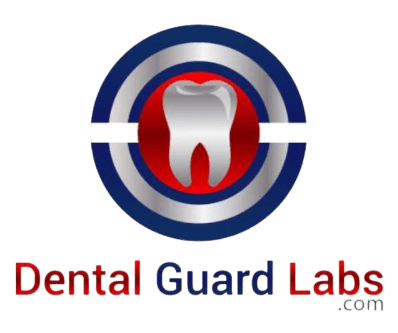Stress-Induced Bruxism - How to Cope With It?

Stress-Induced Bruxism - How to Cope With It?
Stress-induced bruxism is an involuntary clenching or grinding of your teeth that can occur when you are feeling anxious or stressed. It often occurs during the day, but it may also happen at night while you sleep. The main symptom is a persistent headache, which can range from mild to severe. You may also experience jaw stiffness and soreness in the morning after periods of stress-induced bruxism.
Although the exact cause of stress-induced bruxism isn’t known, it’s believed to be related to muscle contractions caused by anxiety and stressful situations. Stress levels vary among individuals, so some people might be more prone to this condition than others.
There are several steps you can take to manage stress-induced bruxism. The following suggestions may help reduce the severity of your symptoms:
• Practice relaxation techniques such as deep breathing, progressive muscle relaxation, and guided imagery.
• Avoid eating hard foods or chewing gum that might worsen your symptoms.
• Try to avoid stressful situations that may trigger your bruxism.
• Talk to your dentist about wearing a custom-made nightguard while you sleep. This device helps reduce the severity of clenching or grinding by providing a cushion between your upper and lower teeth.
• Consider talking to a mental health professional if you feel overwhelmed with stress and anxiety. They can help you work through your feelings and develop coping skills to better manage your stress.
Stress-induced bruxism can be a difficult condition to manage, but with the right strategies in place, it’s possible to reduce its effects and live a more comfortable life. It’s important to talk with your doctor or dentist if you’re experiencing symptoms of stress-induced bruxism, so they can provide further help and advice.
In addition to seeking professional help, there are a few lifestyle changes that may help reduce the severity of your bruxism. Make sure to get enough sleep every night and to eat a healthy diet with plenty of fruits and vegetables. Exercise regularly to help reduce your stress levels and take time out for yourself each day to relax. With the right combination of lifestyle changes, relaxation techniques, and dental support, you can better manage your stress-induced bruxism.
Of course, prevention is always better than cure, so do your best to reduce stress in your life. Identify the sources of your stress and find ways to minimize it, whether it’s making lifestyle changes or taking part in regular mindfulness and meditation practices. With a little effort, you can be on the road to living a calmer and more relaxed life free from bruxism.
Stress-induced bruxism can be a difficult condition to manage, but it is possible to reduce its effects with the right strategies in place. Don’t hesitate to reach out for help if you feel overwhelmed and remember that you are not alone – many people suffer from this condition. With the right combination of lifestyle changes, relaxation techniques, and professional help, you can get on the road to living a calmer and more comfortable life.
Stress is a very real part of life and it can have serious implications on our physical and mental health if it’s not managed in a healthy way. If you’re experiencing stress-induced bruxism, it’s important to take the necessary steps to reduce its effects and live a more comfortable life. With the right strategies in place, it is possible to manage this condition and get on the road to living a calmer and more relaxed life free from bruxism.
If you have any questions or concerns, please don’t hesitate to get in touch with a medical or mental health professional who can provide further advice and support. Remember that you are not alone – many people suffer from stress-induced bruxism and there is help available. With the right combination of lifestyle changes, relaxation techniques, and professional help, you can get on the path to living a calmer and more comfortable life.
